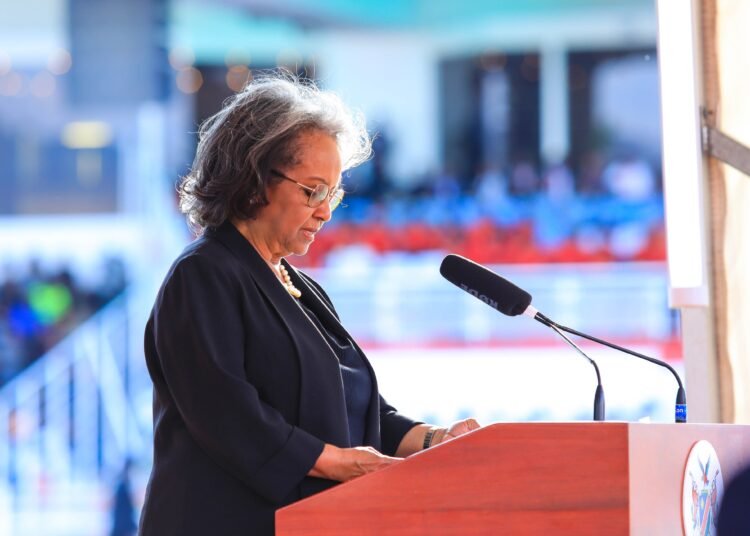Ethiopia has secured a $3.4 billion loan from the International Monetary Fund (IMF) after floating its currency, which a drastic step towards economic recovery.
The four-year financing package aims to address macroeconomic imbalances, restore external debt sustainability, and promote inclusive growth.
The National Bank of Ethiopia’s previous managed foreign exchange rate system had led to chronic dollar shortages, hampering importers and foreign investors. Following the decision to remove restrictions on the FX market, the Ethiopian birr depreciated by 30%, settling at 74.73 per dollar.
The IMF’s loan comes with conditions, including adopting an interest-based monetary policy to control inflation and implementing fiscal reforms to boost revenue collections. This loan is part of a broader effort by Prime Minister Abiy Ahmed’s administration to secure over $10 billion from the IMF and World Bank to manage the country’s growing debt.
Ethiopia defaulted on a $33 million international bond payment in December 2023 and had accumulated over $28 billion in external debt by the end of the same year. The economy has been strained by double-digit inflation and increasing debt repayments.
The approval of the new lending program, initially proposed in 2019, faced delays due to armed conflicts in the Tigray region and slow economic reforms. However, the recent approval marks a crucial step in Ethiopia’s efforts to restore economic stability and growth.
The United States, IMF, and World Bank had previously withdrawn their support during the conflict, but the new loan signifies renewed international backing for Ethiopia’s economic recovery.






























































